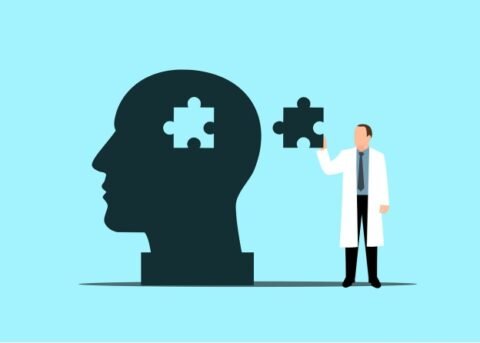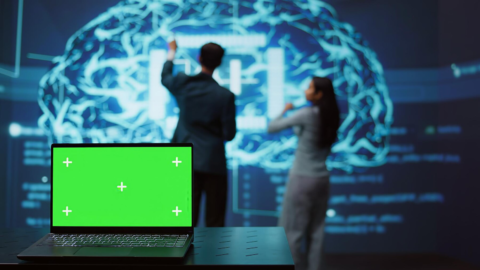Photo by Aaron Burden on Unsplash
Flashcards have long been a popular study tool and for a good reason. They provide a quick and efficient way to learn new material, reinforce knowledge, and test your memory. Using flashcards effectively can transform your study habits and significantly improve your retention of information. Whether you’re preparing for exams, learning a new language, or picking up a new skill, flashcards can help streamline the learning process. However, not all flashcards are created equal, and how you use them can make a big difference in your study results. To maximize their benefits, it’s important to understand some key strategies for using flashcards efficiently.
One of the most important aspects of studying with flashcards is creating clear, concise questions and answers. Your flashcards should present a specific piece of information or question on one side and the corresponding answer on the other. Avoid making cards too complex or overloaded with information; simplicity is key. Break down larger concepts into smaller, bite-sized pieces that are easier to memorize and recall. This will not only make studying less overwhelming but will also allow you to focus on one concept at a time, reinforcing your learning in manageable chunks.
The organization plays a crucial role in flashcard effectiveness. Categorizing your flashcards into different subjects, topics, or themes can help you navigate through them more efficiently. Physical flashcards can be organized in boxes, separated by dividers for different topics. Digital flashcards, on the other hand, offer the advantage of being easily searchable and can be grouped into decks for specific study sessions. Many apps even let you shuffle cards within a deck to keep the learning experience dynamic and prevent memorization based solely on card order.
The key to success with flashcards lies in the principle of active recall. When you look at a question or prompt on a flashcard, you actively attempt to retrieve the information from memory rather than passively reading it from a textbook. This act of recalling information strengthens your memory and improves your ability to remember it in the future. Studies have shown that active recall practices, such as using flashcards, are more effective for long-term retention than other methods like rereading notes. To make the most of active recall, try to answer the question on each flashcard before flipping it over to check the correct answer.
Another important technique for effective flashcard study is spaced repetition. Spaced repetition is the process of reviewing information at increasing intervals over time. This method takes advantage of the brain’s tendency to forget information over time if it’s not revisited. By spacing out your review sessions, you reinforce the memory just as you’re about to forget it, which strengthens long-term retention. Incorporating spaced repetition into your flashcard study routine can be easily done using physical flashcards or digital flashcard apps, many of which are designed to schedule cards for review based on your learning progress. To explore the benefits of spaced repetition further, you can visit the spaced repetition page for more information and resources.
While creating flashcards and reviewing them consistently is crucial, it’s also essential to periodically test your progress. Testing yourself is an effective way to evaluate your understanding of the material and identify any weak areas that need further study. Flashcards provide a simple and flexible tool for self-testing, allowing you to quickly go through large amounts of information and pinpoint topics you might be struggling with. When you encounter a card that you consistently struggle with, set it aside for more frequent review until you master it. This process of self-assessment helps you refine your study approach and ensures that your focus remains on the areas that need the most attention.
In addition to individual study, flashcards can also be used for collaborative learning. Studying with peers and using flashcards to quiz each other can make the learning process more engaging and provide different perspectives on the material. Creating and exchanging flashcards with classmates introduces new angles of questioning and reinforces learning through discussion. Additionally, explaining concepts aloud to others while using flashcards can further solidify your understanding and retention of the information.
Flashcards, when used effectively, can be a powerful tool to enhance your study habits and improve memory retention. The combination of active recall, spaced repetition, and regular self-testing creates a dynamic and robust learning process. By keeping your flashcards simple, organized, and focused on key concepts, you can study more efficiently and achieve better long-term results.





